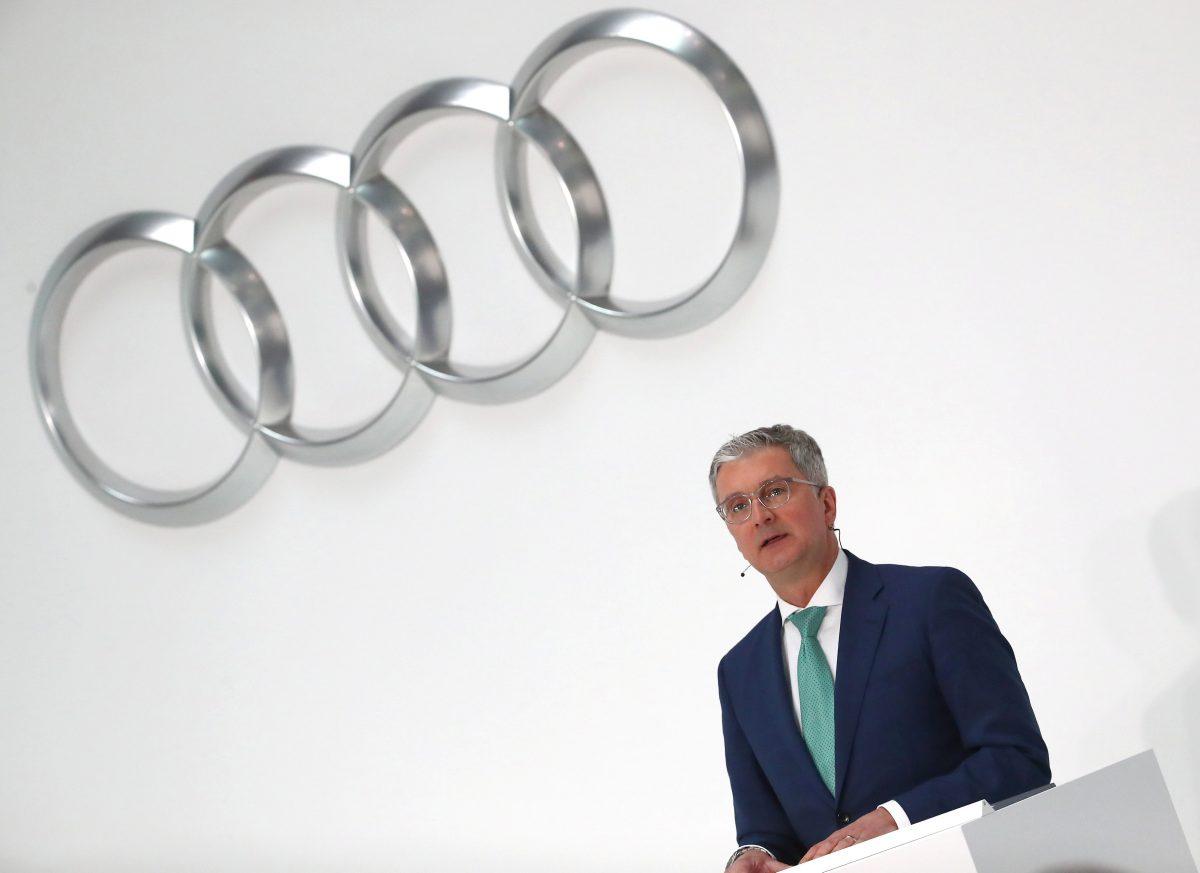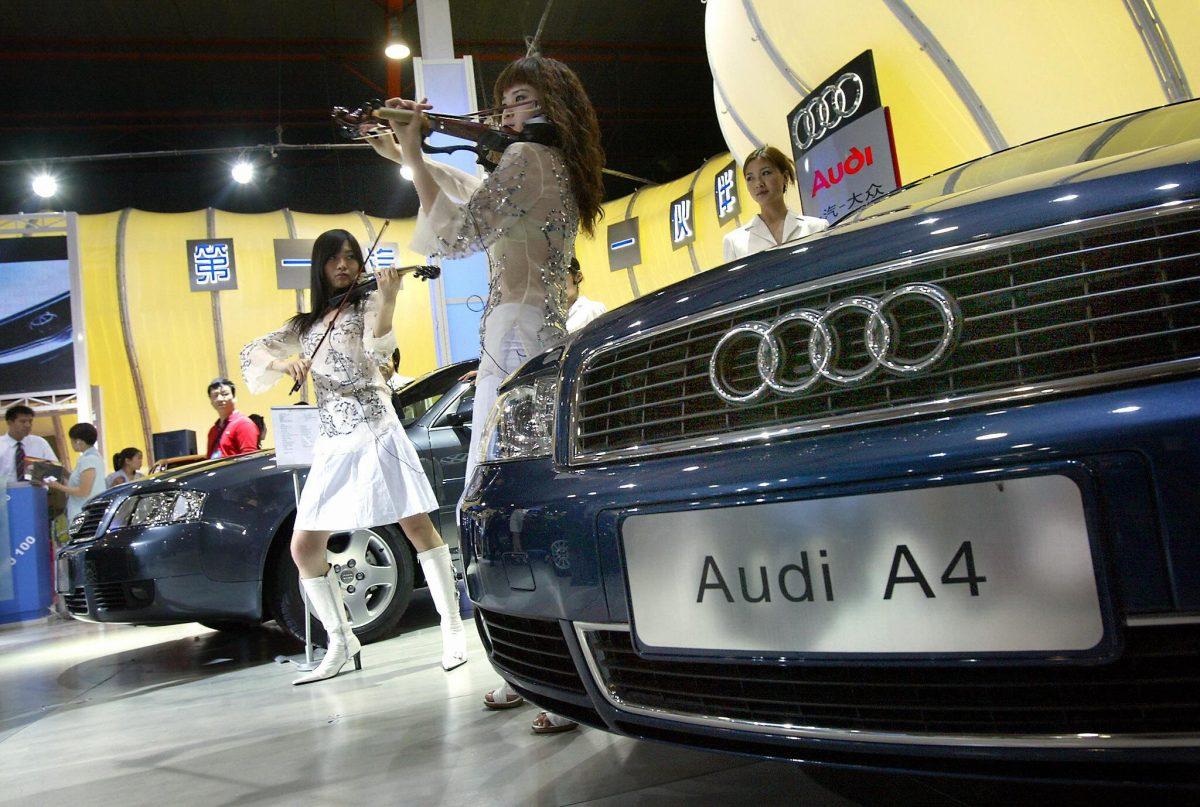Recently, top German politicians held an online conference to discuss the global influence of the Chinese communist regime’s Confucius Institutes (CI), calling to stop funding them with German taxpayers’ money.
According to German media Donaukurier, the Ingolstadt Action Alliance for Uyghur Human Rights and the World Uyghur Congress co-organized the online conference prior to Ingolstadt city council’s upcoming voting on whether to continue to support the Audi Confucius Institute in the city with municipal funds, which will take place on May 11.
Prominent German politicians, including members of the Bundestag (German Federal Parliament), spoke at the online conference on April 24, such as Margarete Bause (Greens), Martin Patzelt (CDU), Landtag (Bavarian State Parliament) Vice President Markus Rinderspacher (SPD), along with Ursula Dusolt from the International Society for Human Rights (ISHR) and the Ingolstadt city councilor Karl Ettinger (FDP). More than 20 Ingolstadt city council members across all parties attended the conference, according to Donaukurier’s report.
In view of the increasing human rights violations of the Chinese regime against dissidents and ethnic groups, which are contrary to Germany’s values, the panel stated that the CIs in Germany should no longer be supported with German taxpayers’ money.
China’s Confucius Institutes in recent years have encountered increasing backlash in the international community due to concerns over their close ties to the Chinese regime.
CIs are operated under the Chinese government agency Hanban, under its Ministry of Education. They promote communist ideology and the CCP’s agenda, including censoring topics the regime deems sensitive such as the persecution of Falun Gong adherents, Uyghurs, and Tibetan Buddhists, and the Tiananmen Square Massacre.
Currently, there are 19 Confucius Institutes in Germany. Among them, the Confucius Institute in Ingolstadt, Bavaria, was established and hosted by the German automaker Audi Group and the city government of Ingolstadt, where Audi’s HQ is located. It is known as the world’s first “Technical Confucius Institute.” It is also the world’s first Confucius Institute funded and built by a multinational company.

Participants of the conference were critical of their interactions with CIs around the world, and especially concerned about the CIs’ influence in Germany and in Bavaria, where there are three CIs: one in Munich, one in Nuremberg-Erlangen, and one in Ingolstadt.
The Audi Confucius Institute has been funded with €50,000 ($60,600) from Ingolstadt’s municipal budget since five years ago, primarily at the request of Audi, which, like the VW Group, maintains close economic ties with China and is concerned with their presence in the Chinese market, according to Donaukurier.
Margarete Bause, who serves as chairwoman of the Bundestag Committee on Human Rights and Humanitarian Aid, stated that it is “about time” to deal with the issue of CIs. She made a clear plea that the Confucius Institutes “should not be financed with German tax money.” She said that CIs represent communist China and that they “cannot be criticized nor accept any intervention.” It’s been proven that they have exerted pressure over and over again on others in order to silence different voices that they don’t like.
Martin Patzelt, who is also on the Bundestag Committee on Human Rights and Humanitarian Aid, sharply criticized the Chinese regime’s agencies behind the CIs. He said that he could not nor wanted to tell the local city councilors what to do, but wanted to ask them “are you bringing the wolf in sheep’s clothing into the city and let it go around there?” The CIs represent the Chinese communist regime’s ideology, which is at odds with the liberal and democratic local society and academia, he added.
Vice President of Bavarian State Parliament Markus Rinderspacher warned against China’s “charm offensives,” pointing out that it is “not just friendly tea ceremonies,” but ideological indoctrination in disguise. It is completely incomprehensible why Bavaria is financially supporting a strong world economic power like China, he said.

The special situation in Ingolstadt due to the interests of the Audi group poses a practical question to the locals — “Can you afford to say no?”
Margarete Bause suggested resistance by stopping the funding of the Audi CI. “In the end, Audi and VW harm themselves with their strategy [of collaborating with the Chinese regime] because their image will suffer,” she said. Martin Patzelt said that the situation in Ingolstadt represents “the conflict that we have in Germany.” The western values of freedom are still too often sacrificed for economic interests in dealing with China.
FDP city councilor Karl Ettinger said that after the online conference, further municipal funding for the Confucius Institute in Ingolstadt is no longer a sure thing, and he will wait to see what happens on May 11.




